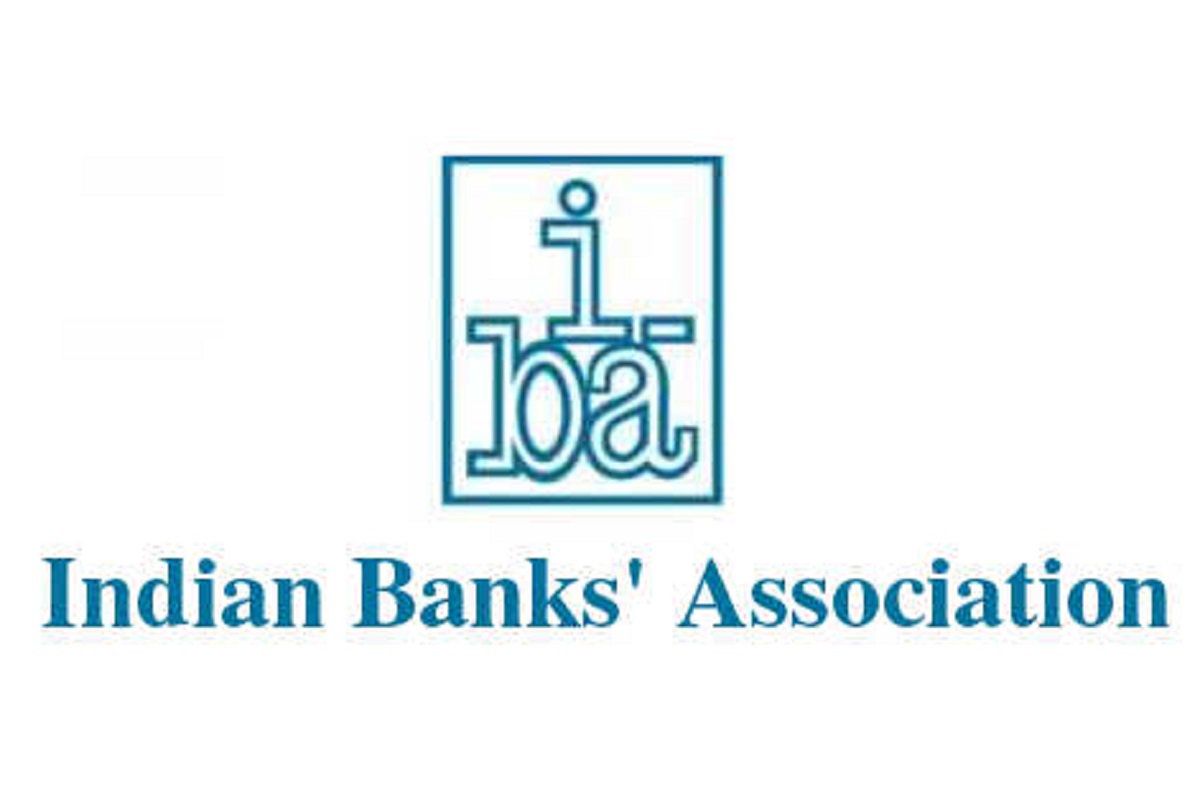On Wednesday, the Indian Banks’ Association marked the occasion of the inauguration of its operational office in New Delhi. Speaking at the inauguration, Debasish Panda, IAS, Secretary Department of Financial Services, said, “I congratulate the entire IBA team and the banking fraternity for this new functional office in the capital after Mumbai. IBA in times to come has a very important role to play and must work towards increasing it visibility as a central nodal agency taking up a large number of issues. IBA has a pivotal role to play in terms of research and key banking issues and a significant role to play in the resurgence of the economy in the 75th year of India’s Independence. At this juncture, I would urge the IBA Chairman to scout for good competent resources and technology adoption for capitalisation. IBA would need domain experts and not just be an association that passes banking issues to the RBI, it must strive to integrate with the economic reforms for auguring growth. IBA can also look at providing training and skilling of middle management banking professionals for unburdening the banks in terms of empowering and upskilling the banking professionals in the country.”
Speaking at the inaugural session, he also informed that the Cabinet has approved the guarantee for the National Asset Reconstruction Company Ltd.
Advertisement
Present at the inaugural function were also Pankaj Jain, IAS, Additional Secretary Department of Financial Services and Amit Agrawal, IAS, Additional Secretary Department of Financial Services.
While speaking on the occasion, Rajkiran Rai, Chairman IBA said, “IBA’s transformation started since 2018 and is now more closely involved in the business side operations than mere advocacy. Today, the expectations from IBA are much higher as it is working towards institutionalising key changes in form of the ‘Door Step Banking’ and has got recognition from the regulators, which was not there earlier.”
Speaking at the occasion, Sunil Mehta, Chief Executive, IBA said, “Indian Banks’ Association is involved in finding new solutions for the customers especially during the pandemic and came up with the guidelines for the cohesive functioning of the entire banking system. Besides resolving staff issues IBA will now look at integrating itself into the business. IBA has recently taken up the reformation of the corporate lending system, dealing with issues like syndicate lending & multiple financing and have given its recommendations to RBI. PSB Alliance through ‘Door Step Banking’ is another initiative undertaken under the auspices of the “EASE Reform Agenda.”
IBA will be persistent in its endeavour in creating more visibility and goodwill for itself with support from Department of Financial Services.
MD of PNB, UCO Bank, Punjab & Sindh Bank, CGM of SBI & PNB, team from Boston Consulting Group as knowledge partner and the IBA Delhi Officials and the local heads of all the public sector banks were present at the occasion.
About Indian Banks’ Association
The Indian Banks’ Association (IBA) was formed on September 26, 1946 with 22 members. Its vision is to work proactively for the growth of a healthy, Professional and forward looking, banking and financial services industry, in a manner consistent with public good.
Over the years IBA has emerged as the voice of the Indian Banking Industry. IBA adopts a consultative approach to give its views on any issues pertaining to the banking sector. The banks voice their views and reach a consensus for the common good of the industry, while maintaining a competitive spirit. The policy of IBA is well received by all the stakeholders in the industry.
The objective of IBA is to promote and develop in India sound and progressive banking principles, practices and conventions and to contribute to the developments of creative banking. To develop and implement new ideas and innovations in banking services, operations and procedures. The IBA aims at organizing, coordinating and co-operating on procedural, legal, technical, administrative or professional problems and practices of banks and the banking industry.











